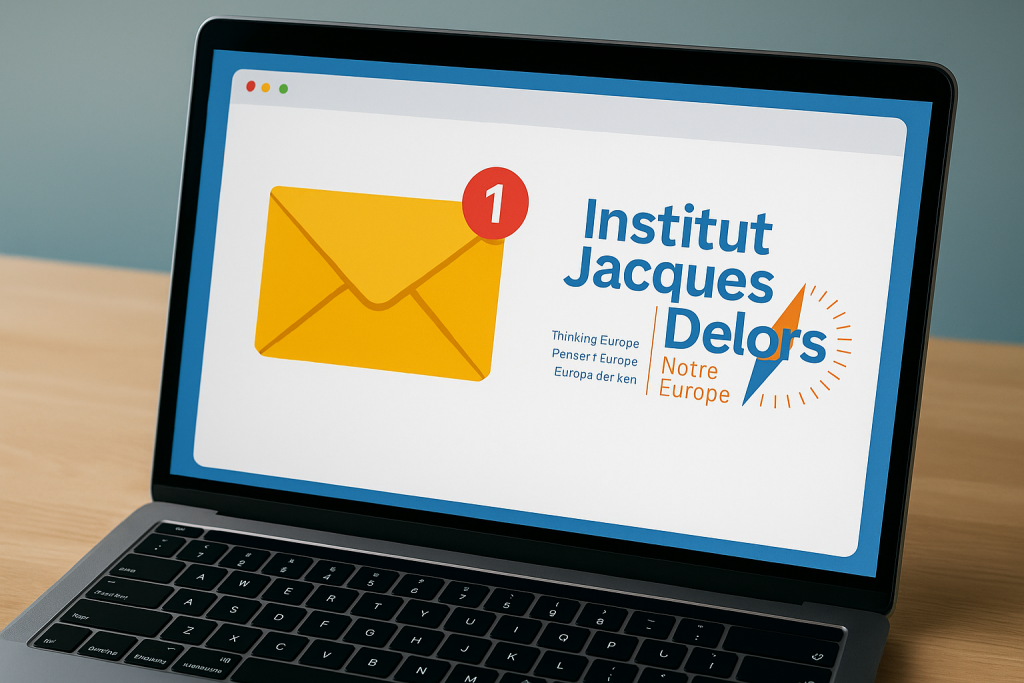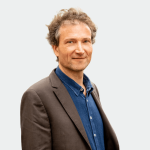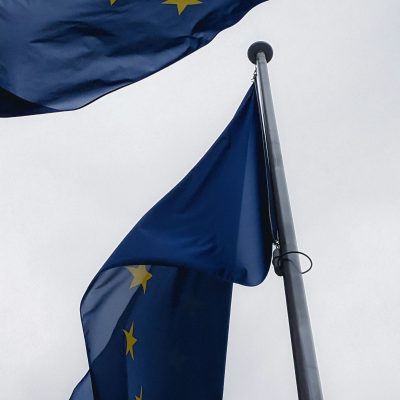
Les jours de guerre se suivent en Ukraine et charrient leur lot d’horreurs toujours plus indicibles, comme à Boutcha. Parce qu’il se livre à nos portes, parce qu’il s’attaque à un peuple souverain, parce que ses conséquences nous frappent directement, parce qu’il s’en prend à la démocratie, parce que le belligérant est une grande puissance nucléaire, ce conflit nous hante et nous mobilise, en Européens.
La guerre se déroule dans un pays où des géographes au XIXe ont situé le véritable centre de notre continent. Mais ces marches de l’Est, tour à tour disputées et occupées au fil de l’Histoire, sont restées un impensé de la construction européenne. L’Union européenne (UE) s’est toujours gardé de définir ses frontières. D’expliciter la place qu’elle pourrait réserver à l’Ukraine. L’ambiguïté reste de mise à la fois pour ne pas irriter Moscou, sans décourager Kiev, et pour ne pas nous diviser sur ce potentiel élargissement, qui n’a jamais été regardé en face jusqu’à présent.
La guerre nous y oblige, avec un œil nouveau. Devant le « changement d’époque » en cours, la France, traditionnellement prudente envers les demandes d’adhésions, accepte dorénavant l’idée que l’Ukraine finisse un jour par devenir un Etat membre de l’UE. Idem au sujet de la Moldavie et de la Géorgie. Discuter de futures adhésions résonne étrangement en pleine guerre. Le débat paraît déplacé quand les urgences sont ailleurs. Mais la promesse d’Europe peut au moins soutenir le moral de cette nation en armes, que forment à présent avec courage les Ukrainiens.
Allons plus loin : la guerre a éclaté précisément là où n’existe pas l’Europe, au sens de sa construction institutionnelle. Celle-ci fait reposer la paix durable entre ses membres sur trois fondements. D’abord, sur une interdépendance profonde et assumée entre ses Etats membres, qui échangent et coopèrent en majorité entre eux. Rien de tel n’a su s’établir entre l’Ukraine et la Russie. Le commerce entre eux est au contraire allé déclinant. En 2020, l’Ukraine importe à 42% de l’UE et seulement à 8,5% de la Russie. Et lorsque l’interdépendance existe, comme à propos du gaz qui transite par l’Ukraine et qui provient de Russie, celle-ci l’instrumentalise à des fins politiques dans un rapport du fort au faible.
L’Europe sert justement aussi à replacer les relations entre pays, grands ou plus petits, sous l’empire du même droit. C’est un autre ferment de paix. La force de l’idée européenne est de sortir des rapports de force entre Etats. De régler nos différends par le droit. Inconcevable pour la « Grande Russie » vis-à-vis de la « Petite Russie », comme elle a historiquement désigné l’Ukraine. La kleptocratie au pouvoir au Kremlin ignore par principe tout respect d’un droit autre que le sien. A l’inverse, au sein de l’UE, la primauté du droit est la clef de voûte de l’intégration européenne.
Cette dernière maintient aussi la paix en conduisant une sorte de guérison des mémoires, à l’instar de la réconciliation franco-allemande initiale et d’autres processus parallèles. A cet égard, elle permet aussi à ses membres, dont beaucoup furent à la tête de vastes empires, de tourner leur page coloniale passée. L’Europe n’a pas été construite que sur les ruines des guerres mais également sur les fins d’empires. Plus de 70 ans d’intégration européenne ont ainsi retourné les rêves nationalistes de grandeur, les aventures solitaires passées, en quête collective d’influence. A l’opposé, la Russie, humiliée par l’implosion de son empire soviétique, n’en a jamais fait le deuil. La guerre qu’elle mène en Ukraine est bien de nature impériale, détournant un narratif emprunté à la « Grande Guerre patriotique » de 1941-1945.
Interdépendance économique, respect du droit, réconciliation sociale : ces trois processus ont « fait » notre Europe. Ils ont su rendre entre Européens la « guerre impensable », selon le but visé par la déclaration Schuman, qui justifiait : « L’Europe n’a pas été faite, nous avons eu la guerre ».
La guerre, nous l’avons de nouveau sous nos yeux. Sa pensée n’a jamais quitté Moscou. L’Europe espérait voir imitée son œuvre de paix. Elle est au contraire passée pour naïve. Ses dépendances sont aujourd’hui autant de vulnérabilités exploitées. C’est pourquoi, sans tourner le dos à des décennies d’ouverture et de libre circulation, les Vingt-Sept s’emploient à protéger ces acquis dans un environnement hostile voire belliqueux. Leur projet de paix est en train de devenir, en même temps, un projet de puissance. Les initiatives de la Commission von der Leyen et les priorités de la présidence française du Conseil de l’UE s’inscrivent dans cet « agenda de souveraineté », dont la guerre en Ukraine accélère la nécessité. L’énergie et la défense sont les grands chantiers rouverts.
L’objectif n’est pas de nous barricader à l’abri d’un monde hostile, ni de nous ranger docilement derrière un protecteur américain. L’enjeu des Européens est de ne pas laisser s’installer sur le continent un nouveau rideau de fer, qui opposerait un Occident -dans lequel l’UE serait diluée- à une Russie pactisant avec la Chine. Notre immense défi envers cette partie de notre continent va être d’y rendre aussi dorénavant la « guerre impensable ». Au travers de l’élargissement et d’autres modes de partenariat étroit encore à inventer, il faudra entraîner à son tour un pays meurtri et exsangue dans le long triple processus d’interdépendance économique, de respect du droit et de réconciliation des peuples. Ainsi se forgera, patiemment et singulièrement, une nouvelle paix européenne.




